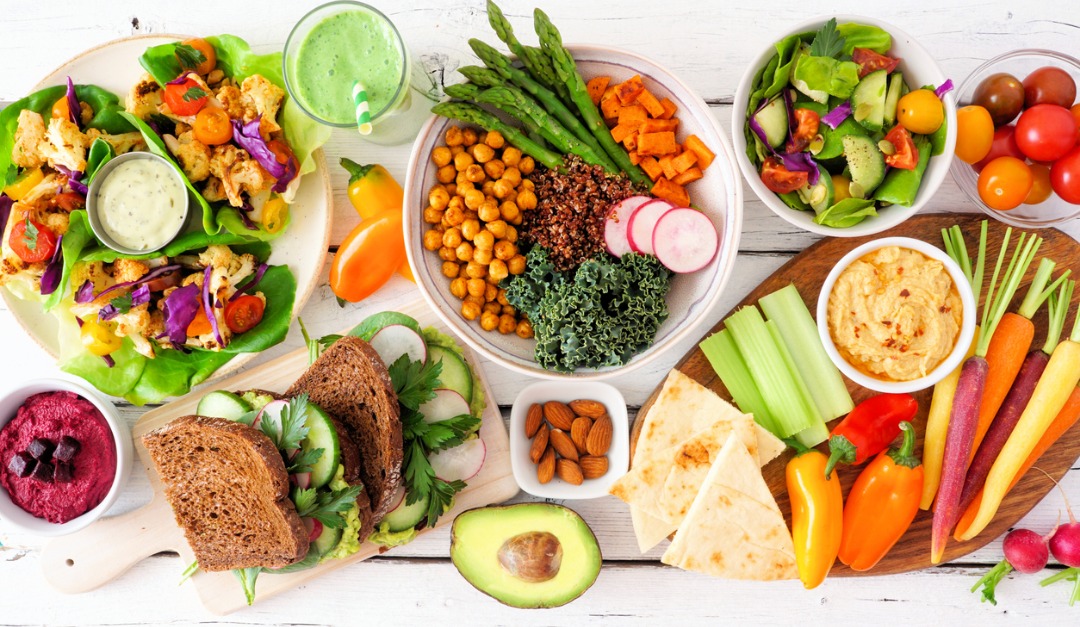
Plant-Based Eating for Beginners
There is evidence today suggesting that eating less beef can help slow climate change and that a plant-based diet is better for your health. But when you make changes to your diet, it can sometimes feel overwhelming, especially if you aren’t sure where to start. Whatever your reason for leaning toward a plant-based diet, nutritionists offer basic tips to get you started:
- Stock Up on Essentials – Start by keeping a collection of beans, whole-grains, legumes, fruits and vegetables on hand. Use them for morning smoothies and afternoon snacks—even look online for plant-based recipes. Try some of the many plant-based burgers and other products on market shelves. A plant-based diet can be much more flexible than a strict vegetarian diet, as you can still enjoy the occasional steak or bowl of ice cream if you wish.
- Start Small – If you’re not yet all in, start by having delicious plant-based breakfasts, like overnight oats, avocado toast or veggie scrambles. Or, start slow by adopting Meatless Mondays.
- Educate Yourself – If you are reducing or eliminating all animal-based foods, including dairy and meat, you will need to be sure you are getting proper amounts of protein, calcium, B vitamins, Omega-3 fatty acids, iron and zinc. Do the research to become familiar with the nutritional values, snacks and meal planning tips that are the basis for healthy plant-based eating.
- Enlist Some Support – It’s hard to go plant-based if others in your household aren’t. Talk to friends and family members about why it is important to you. Even invite them to join you for Meatless Mondays! You may also want to consult with a registered dietitian who specializes in plant-based eating to help plan your diet and recommend supplements if needed.
- Keep Your Goal in Mind – Whether it’s to improve your health, reduce your carbon footprint or practice ethical living, it’s important to remember your motivation for going plant-based to begin with.
